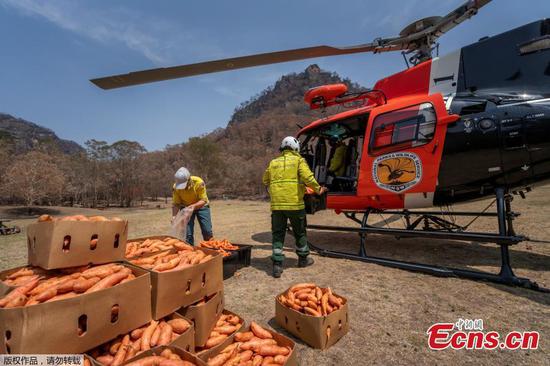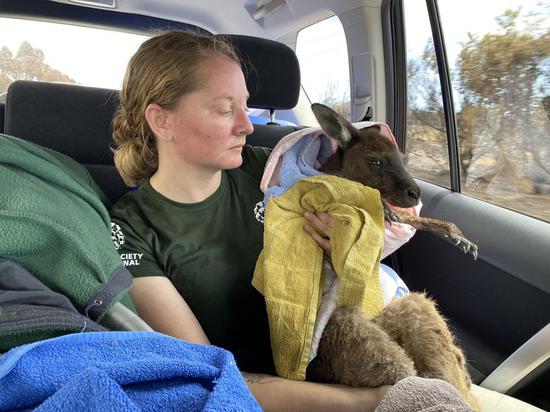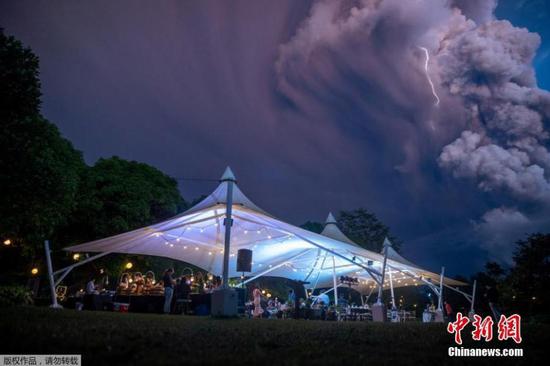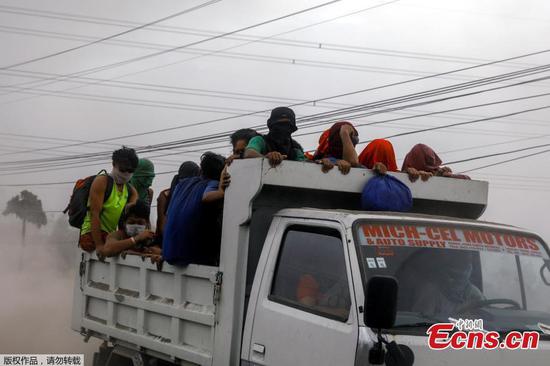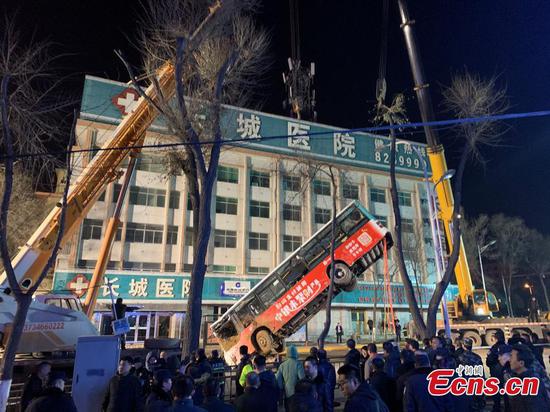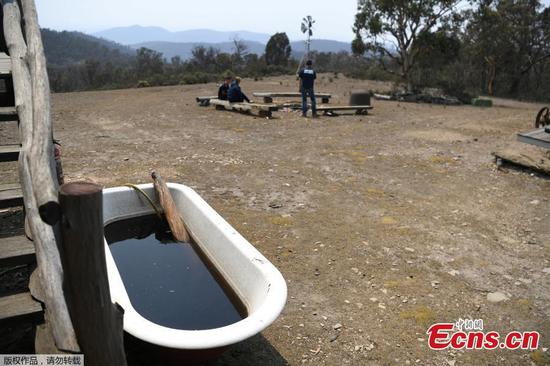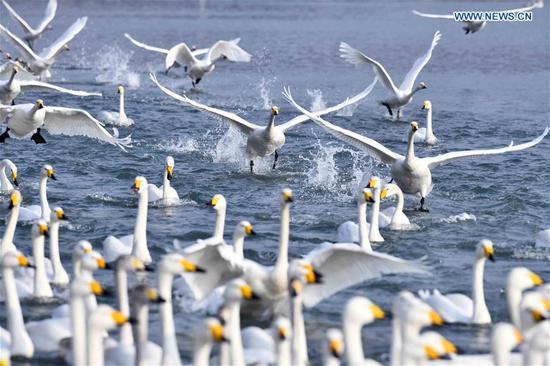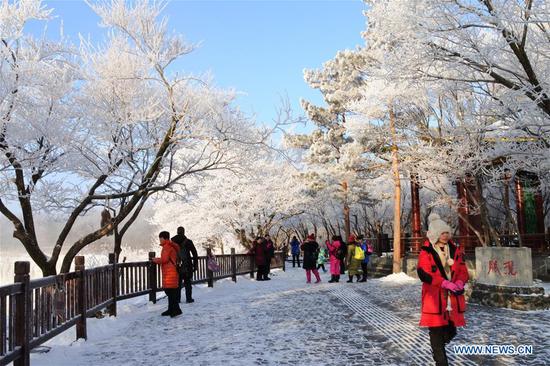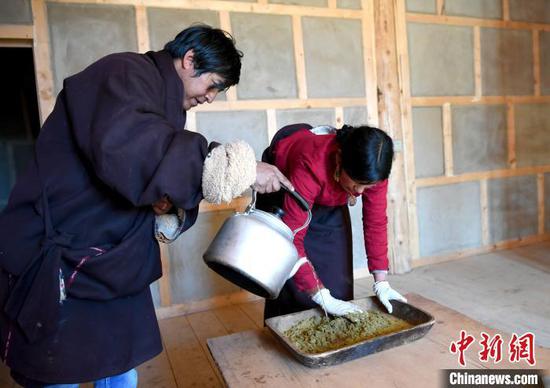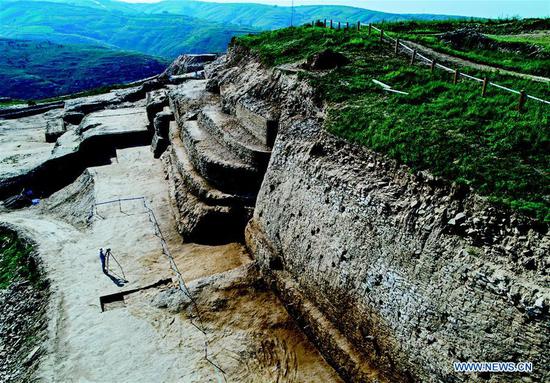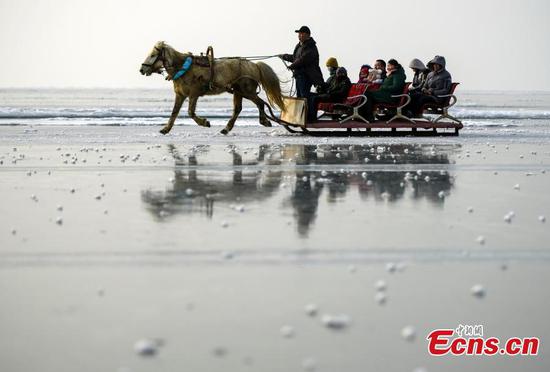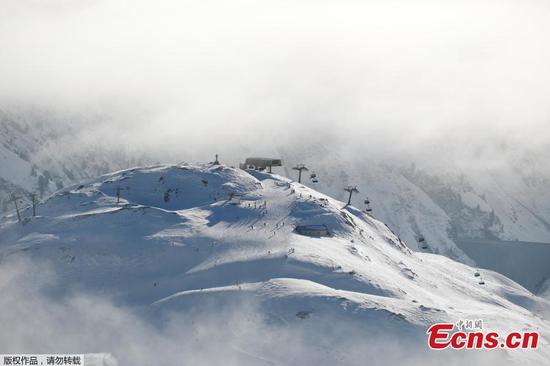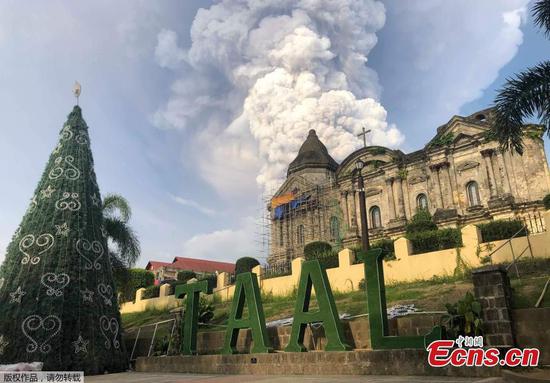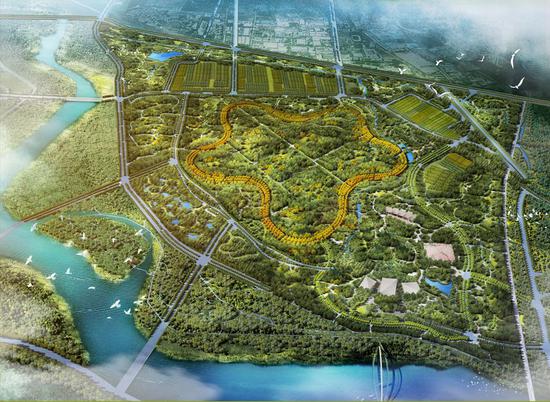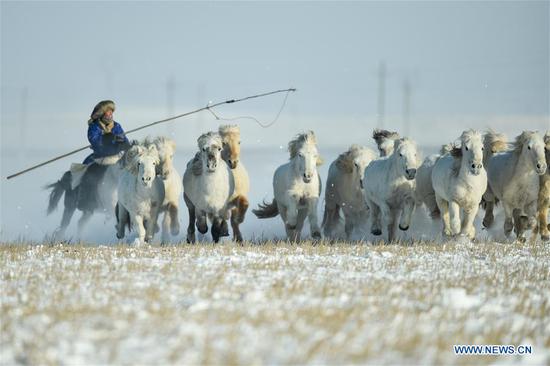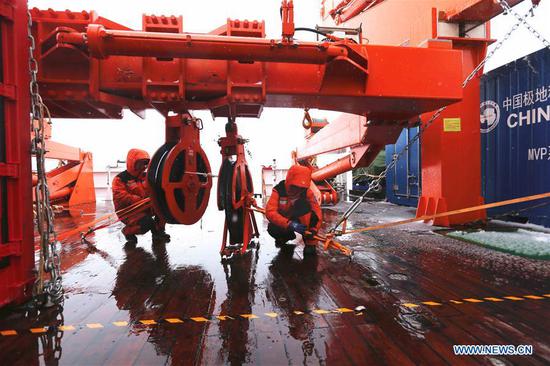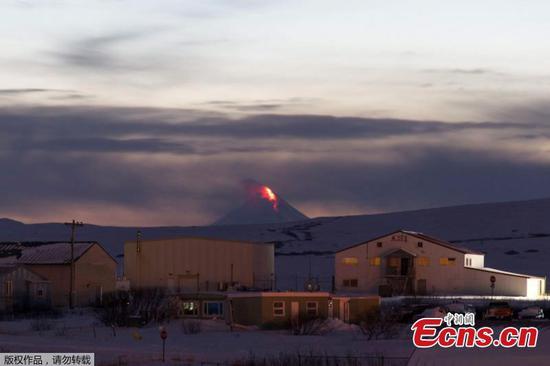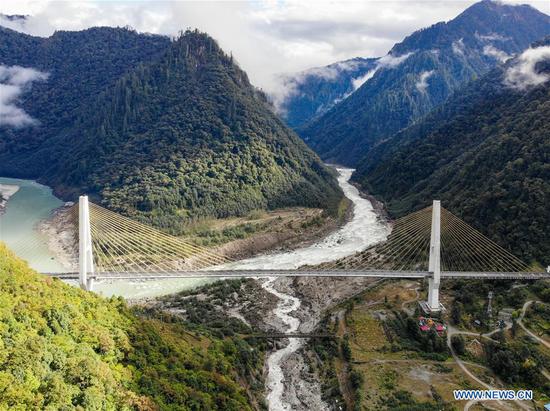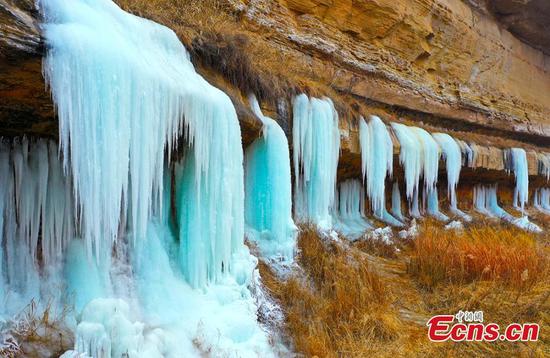At least 61 people were killed and scores of others trapped in separate incidents of avalanches in Pakistan-controlled Kashmir on Tuesday.
The Neelum Valley area was the worst hit where 57 people were killed, while four others were killed in Rawalakot and Kotli areas, Ahmed Raza Qadri, a disaster management official of the Pakistan-controlled Kashmir told Xinhua.
"I am on the way to the affected areas of Neelum Valley, and what I am seeing on the road is massive cover of snow everywhere. It has not only wreaked havoc on some of the residential colonies, but also blocked the main thoroughfares, making it hard for rescue teams to provide fast rescue and relief services to the trapped people," Qadri said.
He said that Rescue 1122, a state-owned rescue agency, Pakistani military and other non-governmental organizations are taking part in rescue and relief operations. "As all the roads are blocked due to snow, the military has dispatched helicopters to the affected areas, and army personnel are busy in recovering bodies from the snow, and shifting the injured to the hospital, while other rescue teams are clearing snow from the roads and rescuing the people whom they can access."
Saeed ur Rehman Qureshi, another disaster management official in the region told Xinhua that the death toll is likely to sharply rise, as over 50 houses have been completely buried under the avalanches.
"The fatality figure which we have officially announced are only of the bodies which have been recovered, but possibility of more bodies under the snow cannot be ruled out," Qureshi said.
He said that there had been raining in the area over the last two days, and the active weather cycle contributed to the multiple avalanches as rainwater made snowpack lose strength, triggering the avalanches.
"The meteorological office told us about the situation in advance, and we also issued an advisory for the people, but avalanche is something which cannot be prevented, though villagers might have taken some measures," he added.
Qureshi blamed climate change as the major contributor to the unusual weather pattern in the area. "The effect of climate change is so rapid in the area that unexpected weather patterns including torrential rains, cloudburst, heavy snowfall and avalanches triggered by them are being witnessed in the region."
In July last year, over 20 people were killed after being swept away by flashflood after days of heavy rain and sudden cloudburst in Neelum Valley.










